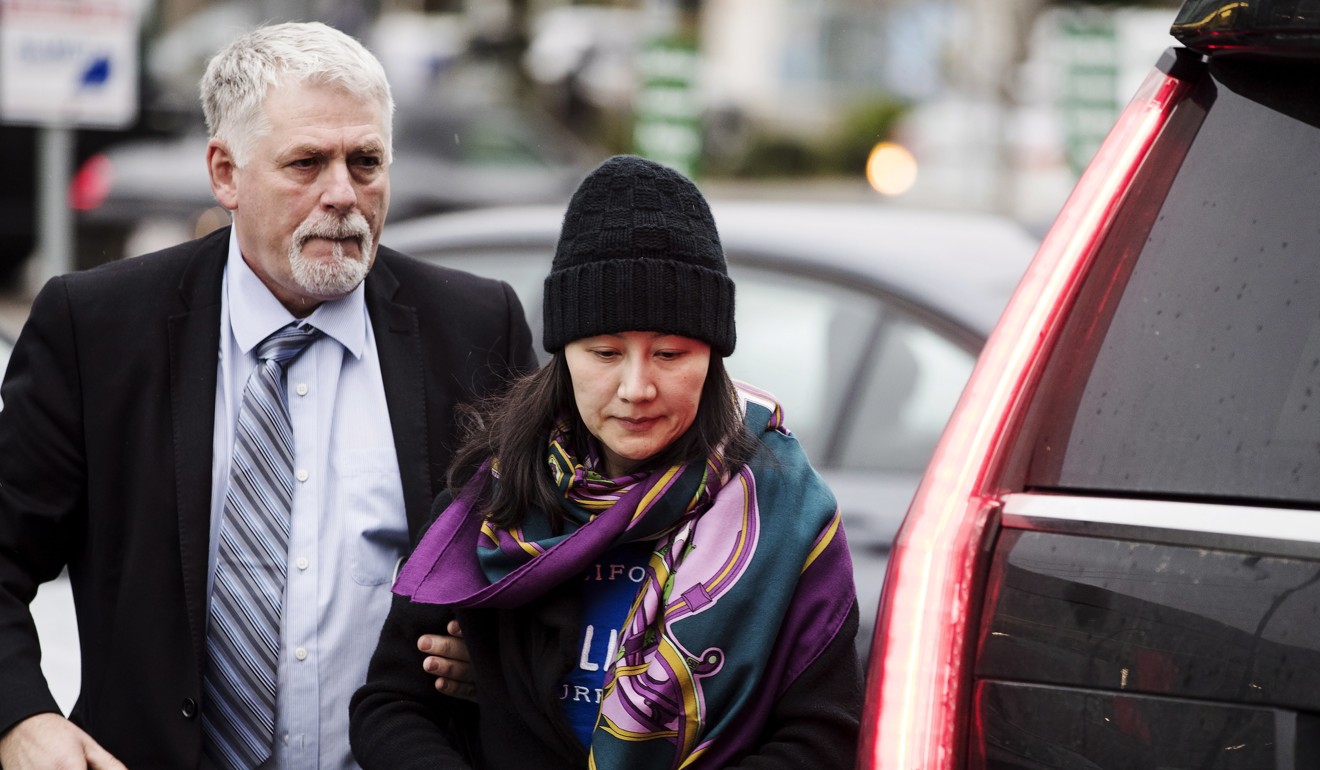
China could make it harder for Canadian firms over detainee row
- Increased scrutiny, higher barriers to entry could be some economic responses if Beijing retaliates against Ottawa bid for international support
Beijing could set higher market entry barriers to Canadian firms and tighten scrutiny of existing businesses in retaliation for any efforts by Ottawa to rally international support against China, analysts said.
Their warning followed comments by the Chinese ambassador to Canada, Lu Shaye, on Thursday that there would be “repercussions” if Canada barred Chinese telecommunications giant Huawei from participating in the country’s 5G networks.
Ties between the two countries have plunged to their lowest ebb in decades, following a series of events which began in December when Meng Wanzhou, CFO of Huawei, was arrested in Vancouver, on behalf of the US, on charges of violations of US sanctions on Iran.
Following Meng’s arrest, China detained two Canadians on national security grounds and sentenced a third to death for drug trafficking.
Chinese ambassador Lu Shaye warns ‘back-stabbing’ Canada to stop rallying allies in row over detainees
“I hope Canadian officials and relevant authorities and bodies will make a wise decision on this issue. But if the Canadian government does ban Huawei from participating in the 5G networks … I believe there will be repercussions,” Lu said. He did not spell out what the repercussions might be.
Canadian Foreign Minister Chrystia Freeland would not say on Thursday if Ottawa would decide to ban Huawei from participating in Canada’s 5G networks, according to The Globe and Mail.
“When it comes to the 5G decision, as I think Canadians know, that is something which is being studied carefully by our security officials and by the government and is under serious consideration,” she said.

Wang Yiwei, an international relations expert from Renmin University in Beijing, said the Chinese government would have no choice but to respond if the international community formed a united front to target Huawei, one of China’s technology giants.
“Beijing might use economic means to retaliate, such as setting up higher barriers for Canadian enterprises to enter China’s market, or regulate and supervise Canadian companies more tightly than usual,” Wang said, adding that Beijing might also limit Chinese tourists travelling to Canada.
Li Mingjiang, an associate professor at the S. Rajaratnam School of International Studies at Nanyang Technological University in Singapore, said China could punish Canadian companies that were already in China or planning to enter the mainland market.
“China might set special limits or constraints on those Canadian companies wanting to enter China, or reduce trade cooperation in certain areas,” Li said.
Retaliation through trade has a precedence in China. In 2017, Beijing ordered travel companies to stop selling popular group trips to South Korea as part of its protest against Seoul’s decision to install the US-made Terminal High Altitude Area Defence (THAAD) system.

